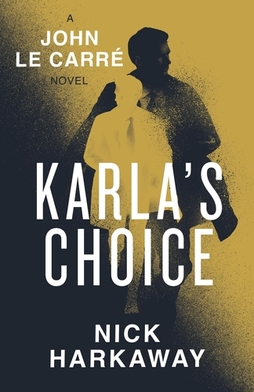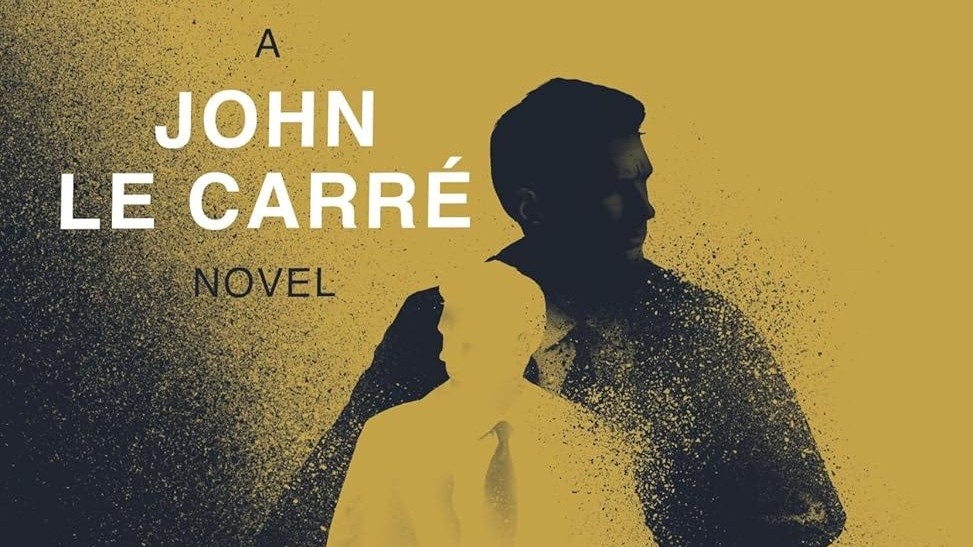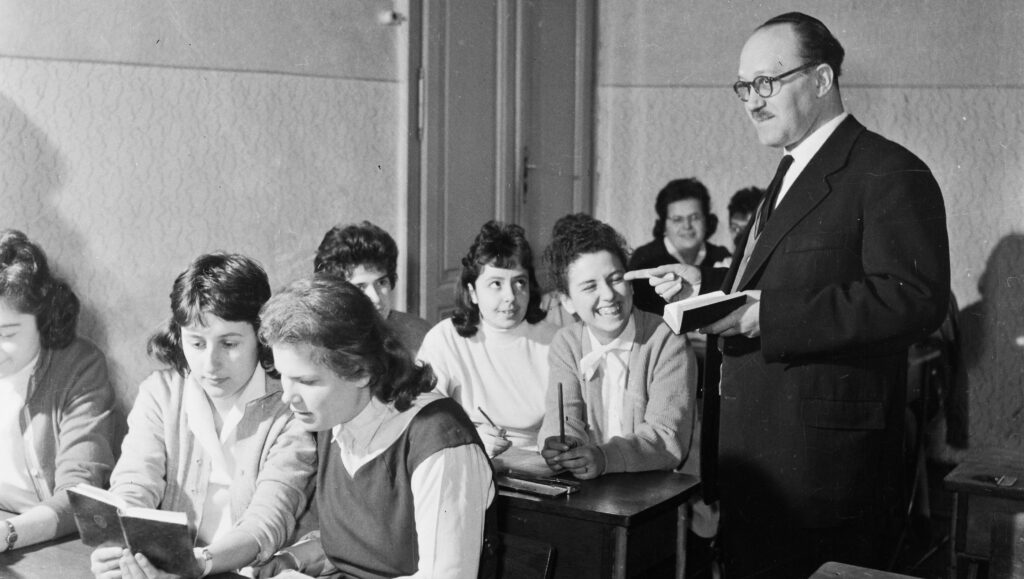This article was originally published in Vol. 5 No. 1 of our print edition.
Budapest is a chameleon, at least for film and television directors. Whether glamorous or gritty, the Hungarian capital has—quite convincingly—stood in for numerous cities, including Moscow, Munich, Vienna, Buenos Aires, and Berlin. Keleti Station and its surrounds recently did a creditable job as a Paris railway terminus and nearby back streets in the new TV series The Jackal, the remake of Frederick Forsyth’s 1971 classic thriller The Day of the Jackal.

Karla’s Choice: A John le Carré Novel by Nick Harkaway (Viking, 2024) has not yet been turned into a screen drama. But it is surely only a matter of time—and when that does happen, Budapest will at last be able to play itself. A strong Hungarian storyline and realistic local detail add extra layers of enjoyment to this accomplished spy thriller. The book is marketed as a John le Carré novel, even though le Carré died in 2020. But novelists, it seems, have solved some of the problems of life after death. Robert Ludlum, author of the Jason Bourne series of spy thrillers, died in 2001. Bourne, however, is still rampaging around the world in a series written by Eric Van Lustbader. Several authors have reanimated James Bond, or at least the brand. Kim Sherwood’s 2022 Bond revival, Double or Nothing, does not even feature the British spy, who exists only as an absent presence in a hyper-modern, Wokeified tale.
Thankfully, Karla’s Choice, written by le Carré’s son, Nick Harkaway, is true to le Carré’s original vision. The story feels both knowledgeable and authentic. Harkaway, the author of several critically-acclaimed science fiction and fantasy novels, takes a faster-paced, more modern approach than his father. The storyline unfolds in 1963, at the height of the Cold War, when nuclear war between the superpowers seemed possible. George Smiley, the self-effacing but deceptively deadly spymaster, has left the Circus, as the Secret Intelligence Service is known. But his hopes for a quiet retirement are soon shattered when a Hungarian hitman, despatched to murder an émigré Magyar literary agent in London, has a change of heart and surrenders to the British authorities. The trail leads back to Moscow and to Karla, Smiley’s opposite number in the KGB.
Meanwhile, László Bánáti, the literary agent in question, has disappeared. Who was he really and what was he doing in London? For being a ‘charming rogue’ is not enough of an explanation. Female characters were never le Carré’s strong point, but Harkaway puts Susannah, Bánáti’s assistant, at centre stage. Susannah fled Hungary in 1956, like many refugees, making a dash across the Austrian border. Harkaway skilfully evokes her sense of displacement and her knowledge that even if she is accepted in Britain, she will never be considered British. Yet Susannah is no cipher, buffeted by events. She has plenty of agency, courage, and determination—all of which she will need on her perilous mission back to Budapest to extract a woman called Iren.
Every good spy novel has an extra layer of authenticity with descriptions of tradecraft, the techniques and tips of espionage. The problem of how to get someone out of Hungary is briskly explained: London sends someone to Budapest on a diplomatic passport. That passport is transferred to Iren, who leaves Hungary with it. The embassy in Budapest issues the original courier with a normal passport and they leave Hungary a week or so later. But if things go wrong and there is no time for such a well-planned extraction, the other option is to ‘get Iren some ordinary documents and run for the nearest border post’. Plan B is soon put into operation.
Susannah is working with Smiley and Tom Lake, an ex-Special Forces operative. Once in Budapest, she explains, it will not be easy to approach Iren and gain her confidence. As any British expat living in Budapest nowadays knows, the circumlocutions and passive conditional phrasing so beloved of British English—‘that might be worth considering’, ‘perhaps we could take a look at that’—are met with mystification by most Magyars. Hungarians appreciate directness. ‘Iren is Hungarian, and a partisan’, says Susannah. ‘She has an acquaintance with sorrow. If you stall, she will assume the worst and she will hate you for being slow’.
Susannah is Hungarian, so will have no trouble passing as a native. Getting Lake into Budapest is a more delicate balancing act. He speaks Hungarian reasonably well, and so understands what is happening around him. Yet as soon as Lake opens his mouth, it will be obvious that he is not Hungarian—thus drawing attention and triggering questions, always unwelcome in a communist dictatorship. ‘Who is this foreigner with his erratic command of the language?’ Lake gets a haircut from a Hungarian barber in the back streets of Vienna, and they find a Hungarian suit for him in a second-hand market. ‘Smiley worried that it was too familiar and that people would begin to assume that Lake actually was Hungarian,’ writes Harkaway. Lake needs to pass unnoticed in a Hungarian crowd, but if he was seen as trying to blend in too much that would also immediately trigger suspicion and questions.
Harkaway’s real strength, like that of le Carré, is to evoke the dull, oppressive heaviness of Cold War communism, a system that bore down with the greatest weight at its borders. Especially as they travel with false passports, upon Susannah, Iren, and Smiley as they approach the Hungarian frontier on their way out. ‘The line was forever, and every time they moved forward Susannah could feel the weight of the mirrors on poles all around. To stand at the checkpoint was to be seen from every angle, to be naked and scrutinised, and, above all, to know that this was happening and there was no chance you could evade the eye.’
Do they make it out and back to London? Let us just say that Susannah has the makings of not just a strong and complex character but a fine espionage operative—and one made for further adventures.
Related articles:








